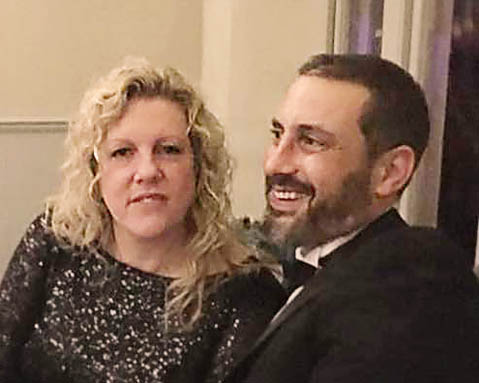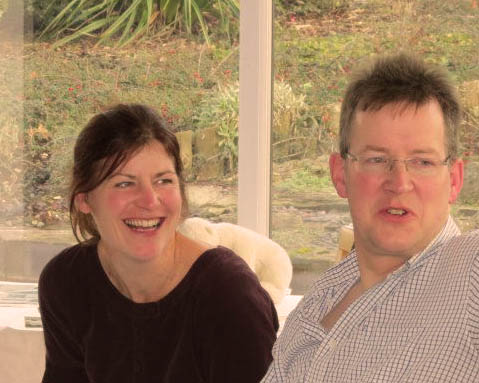Feb 24th, 1938 – Feb 13th 2020
|
Willy Brice-Smith (née Couperus) was my sister
She was born in Nairobi (Kenya) just as the spectre of war was looming, and as such her parents and the new-born were isolated as a family from the rest of her relatives who were in occupied Europe. As such, the only one of her grandparents that she ever had the chance to meet was her maternal grandmother - she never met either of her grandfathers or her paternal grandma as they had all passed away by the time the family could visit Holland after the war.
|
 |
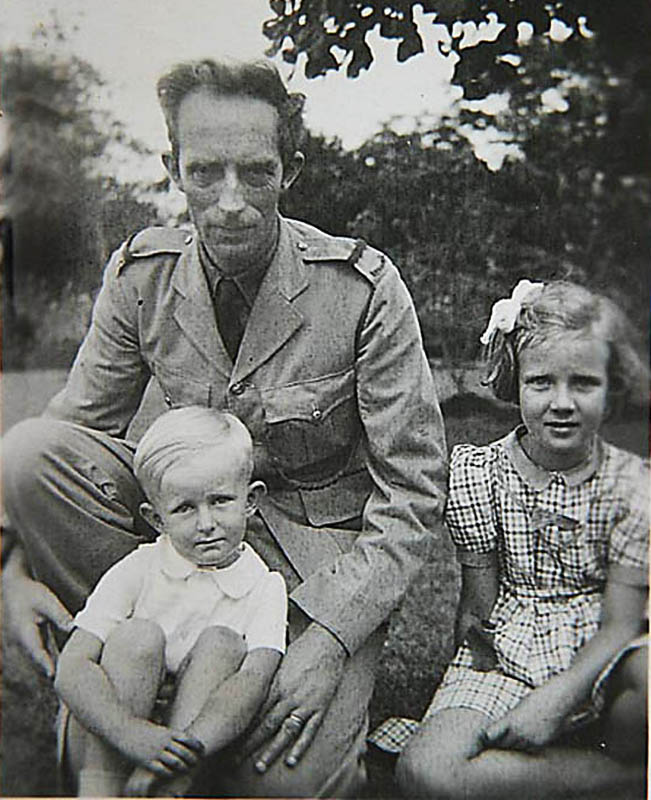 |
 |
 |
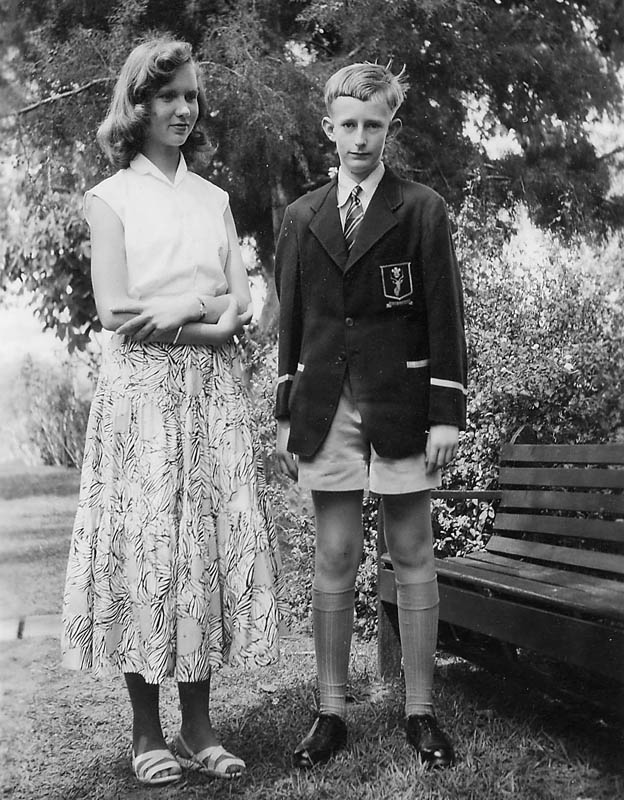 |
 |
 |
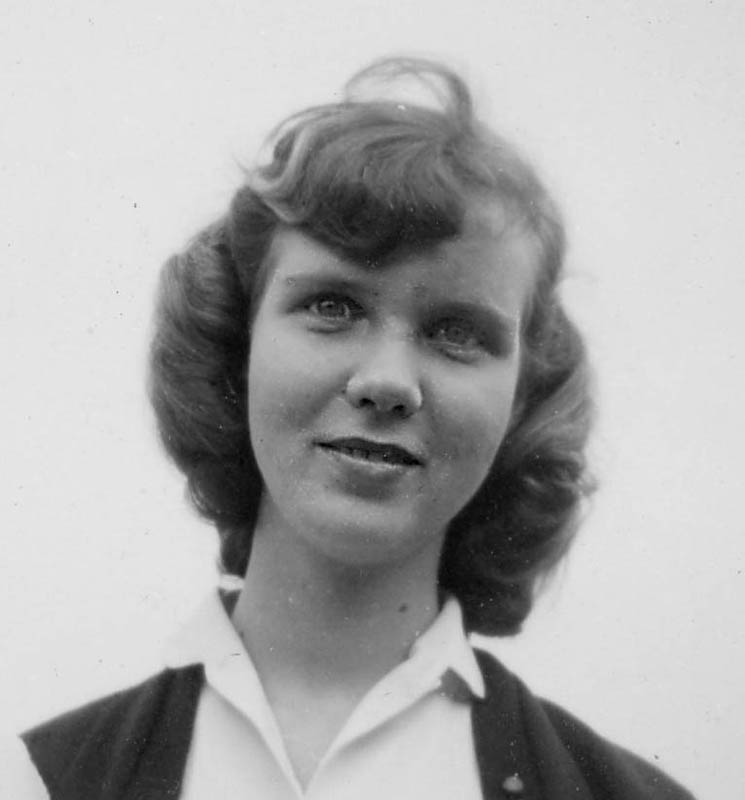 |
 |
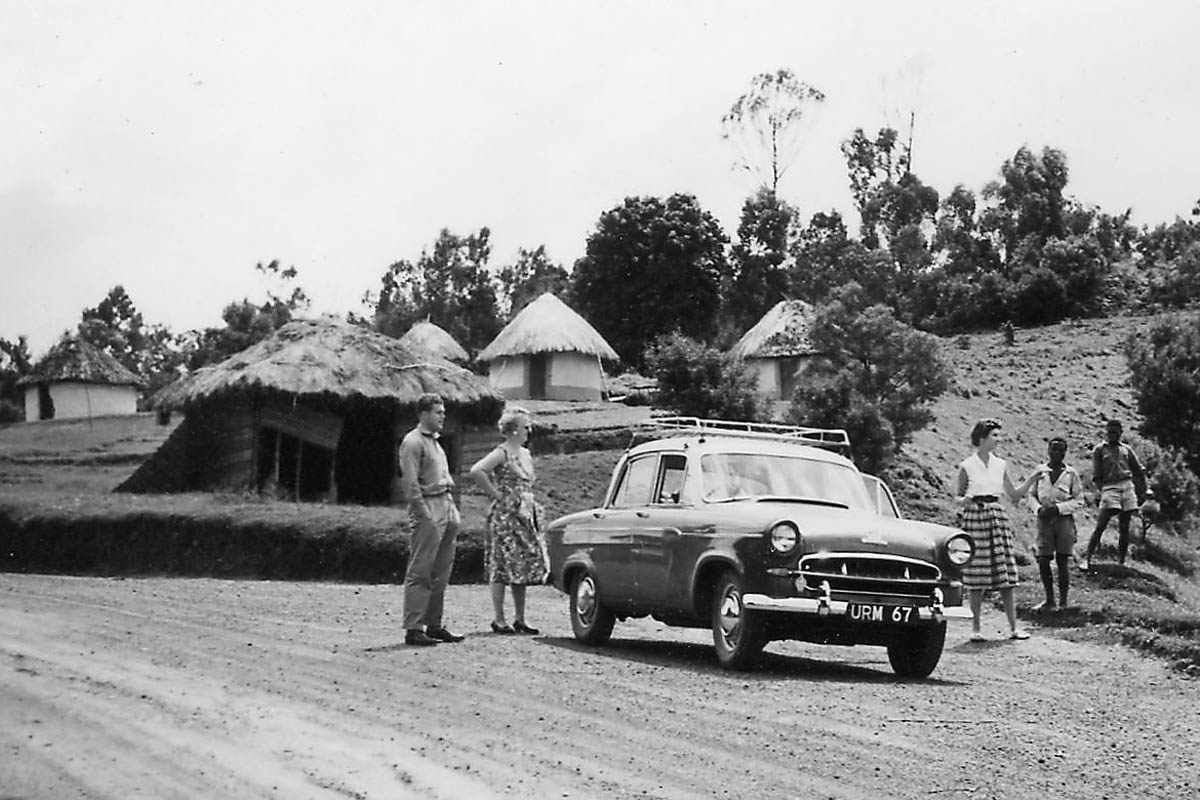 |
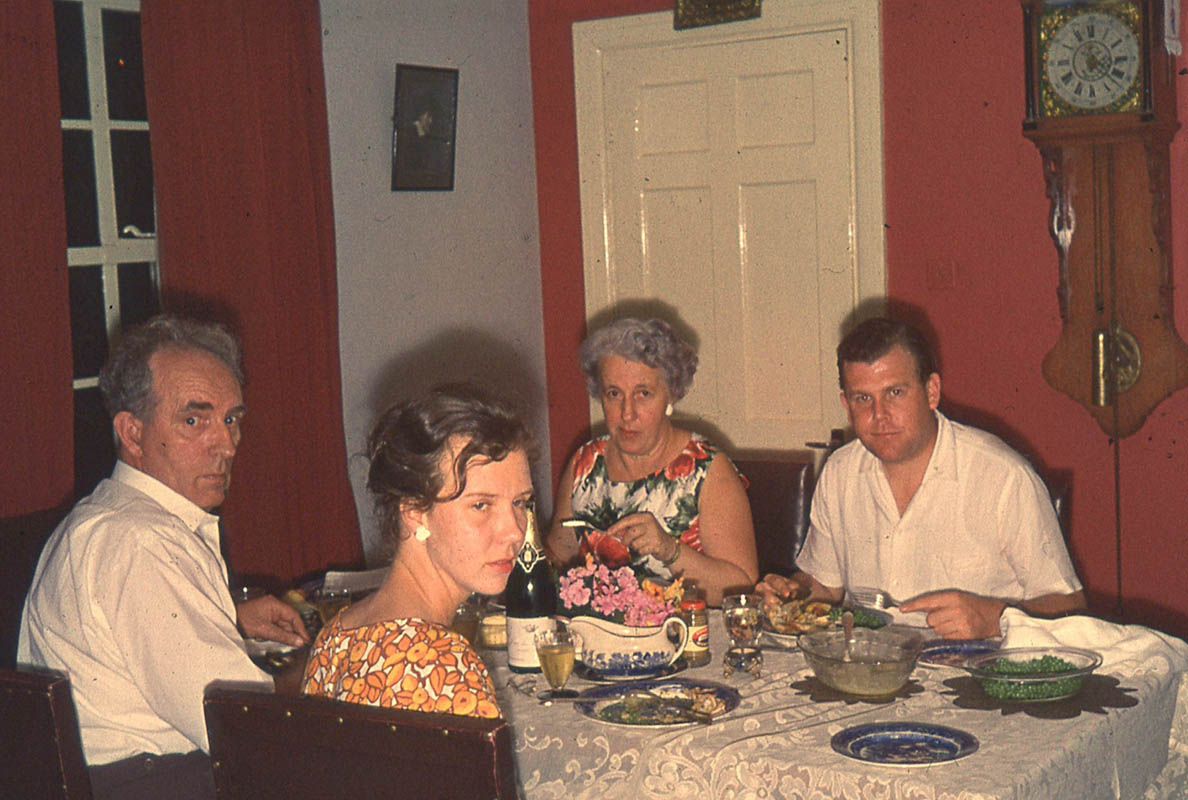 |
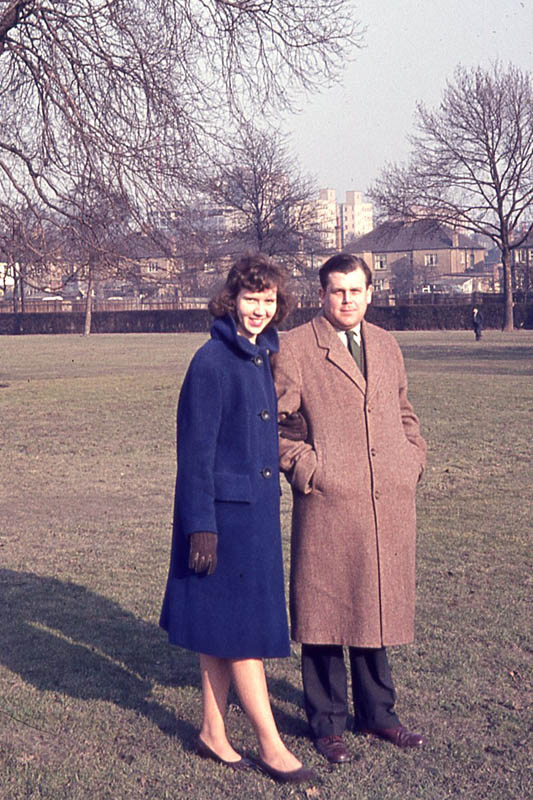 |
|
|
The rest of the pictures below don't have captions - they are a series I took in September of 2009 on one of my infrequent visits to Wil and John, and - as it turns out - the last time I saw her.
I chose these pictures because they tell the story of Wil better than any words could. They show her in the environment she loved and where she thrived.
|
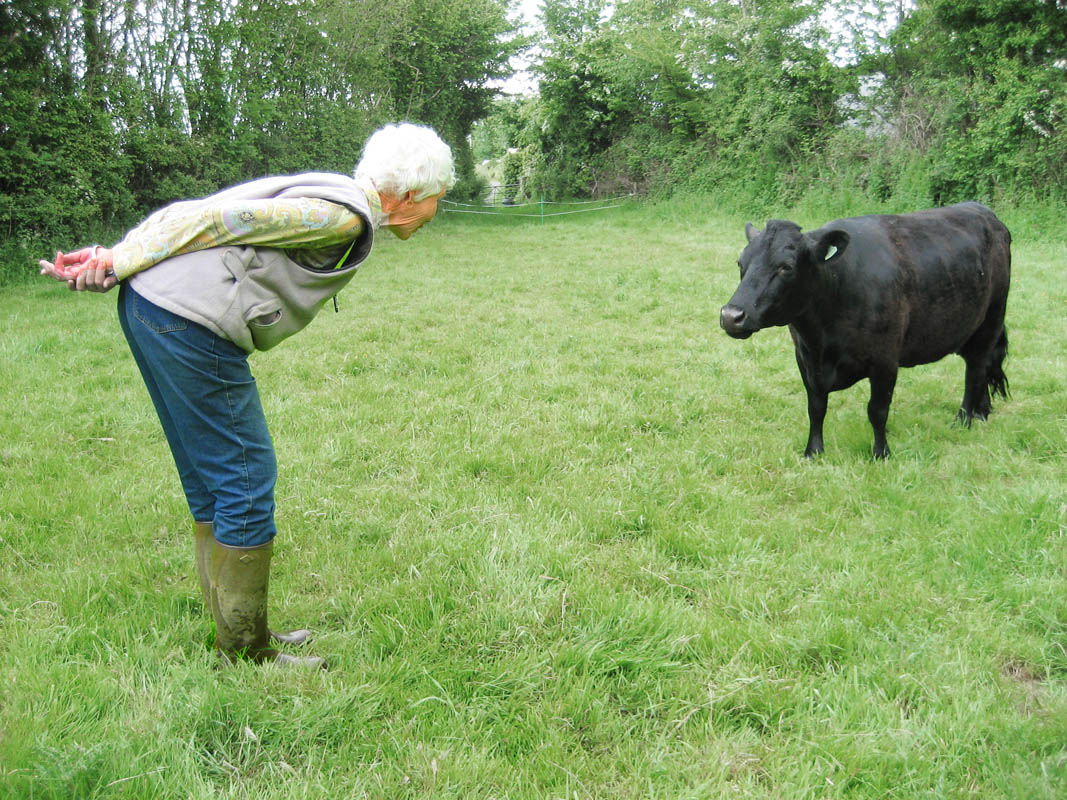 |
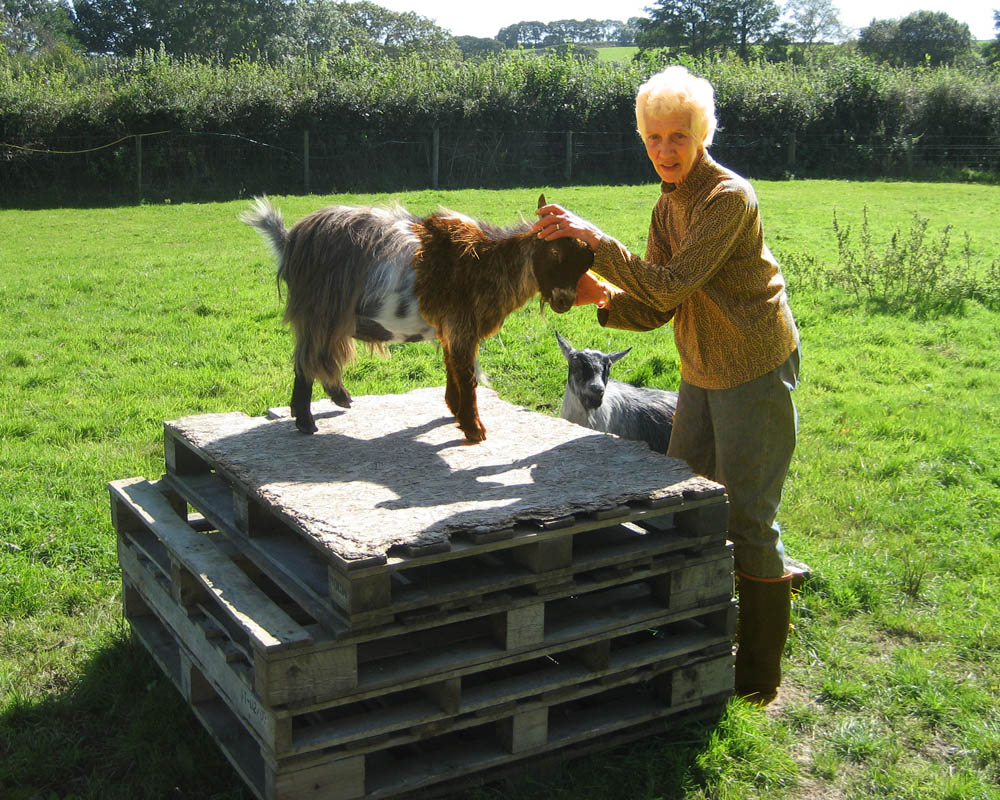 |
 |
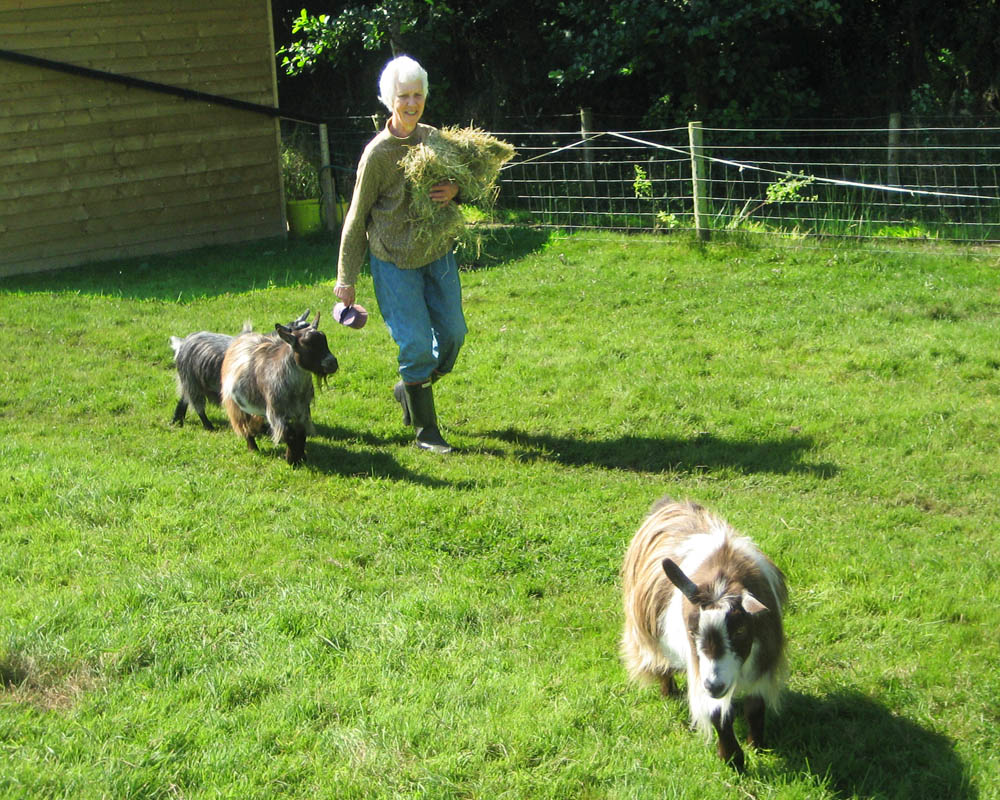 |
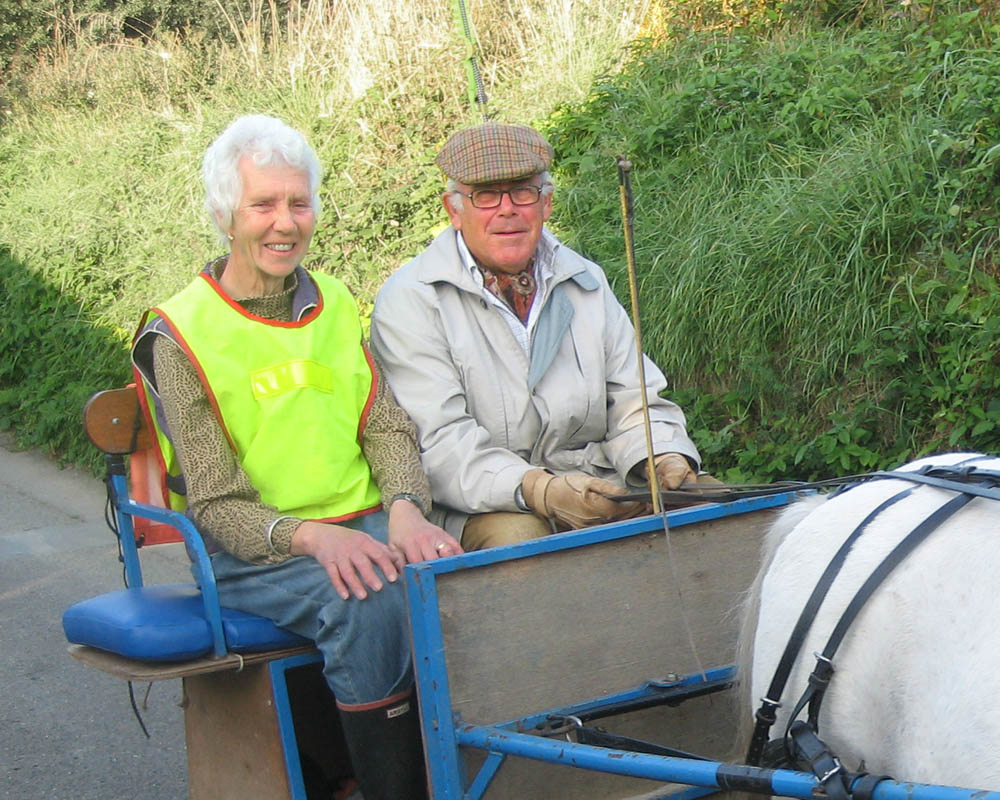 |
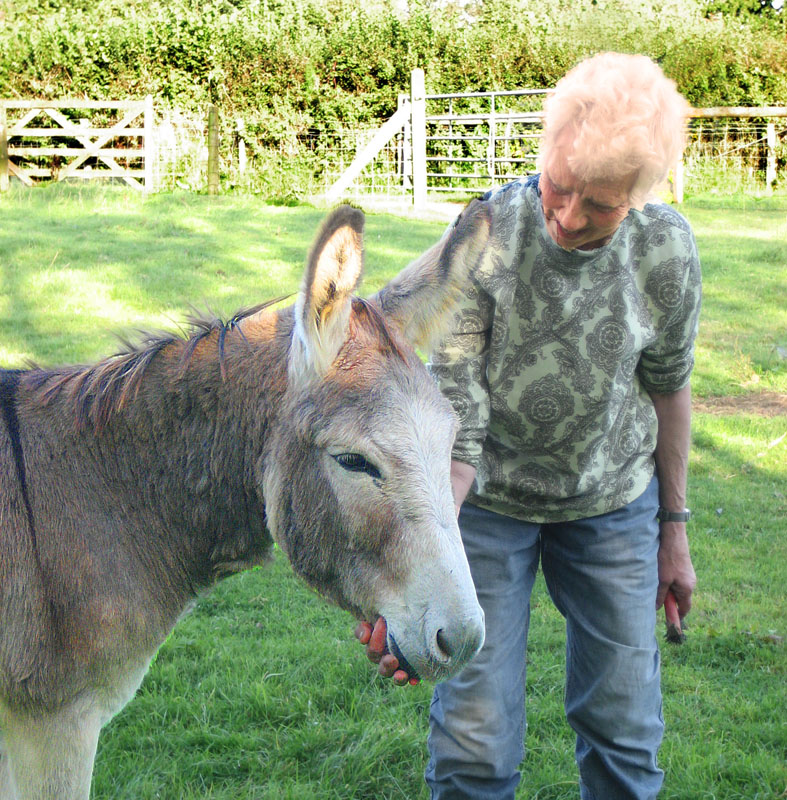 |
 |
 |
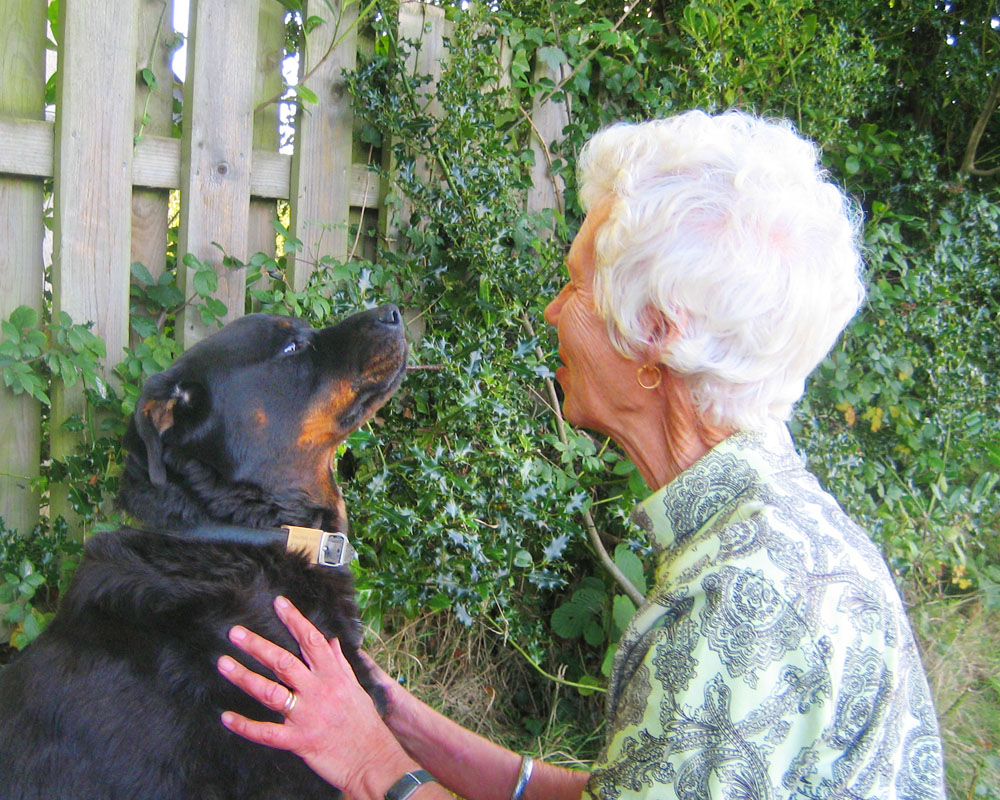 |
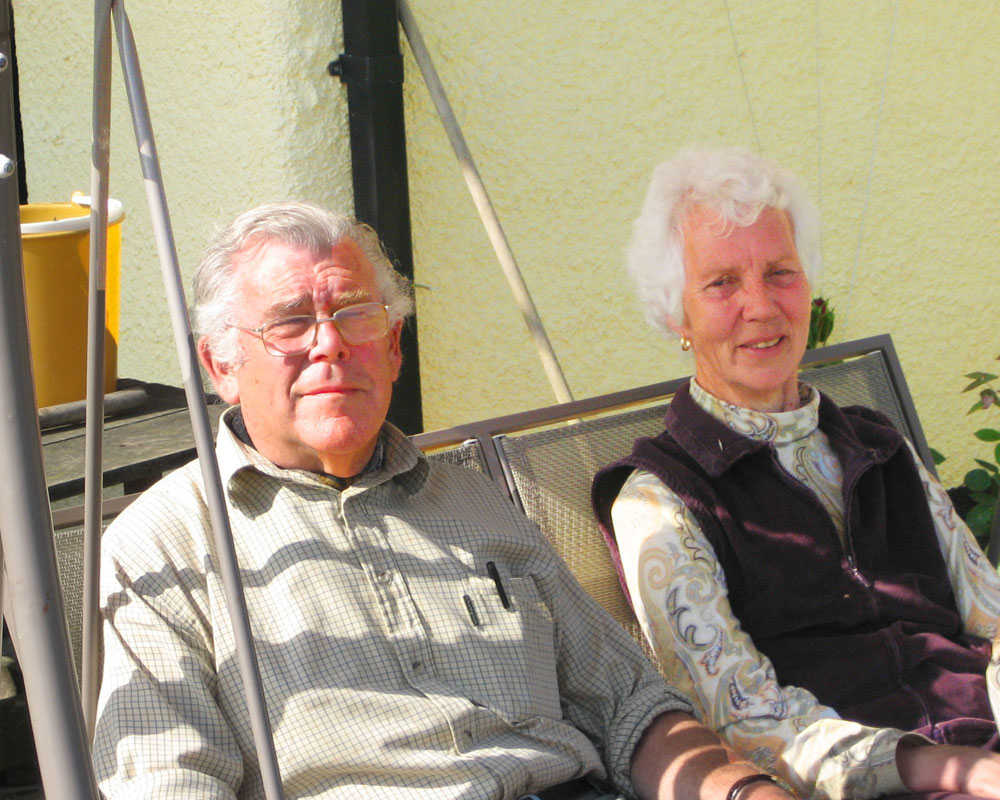 |
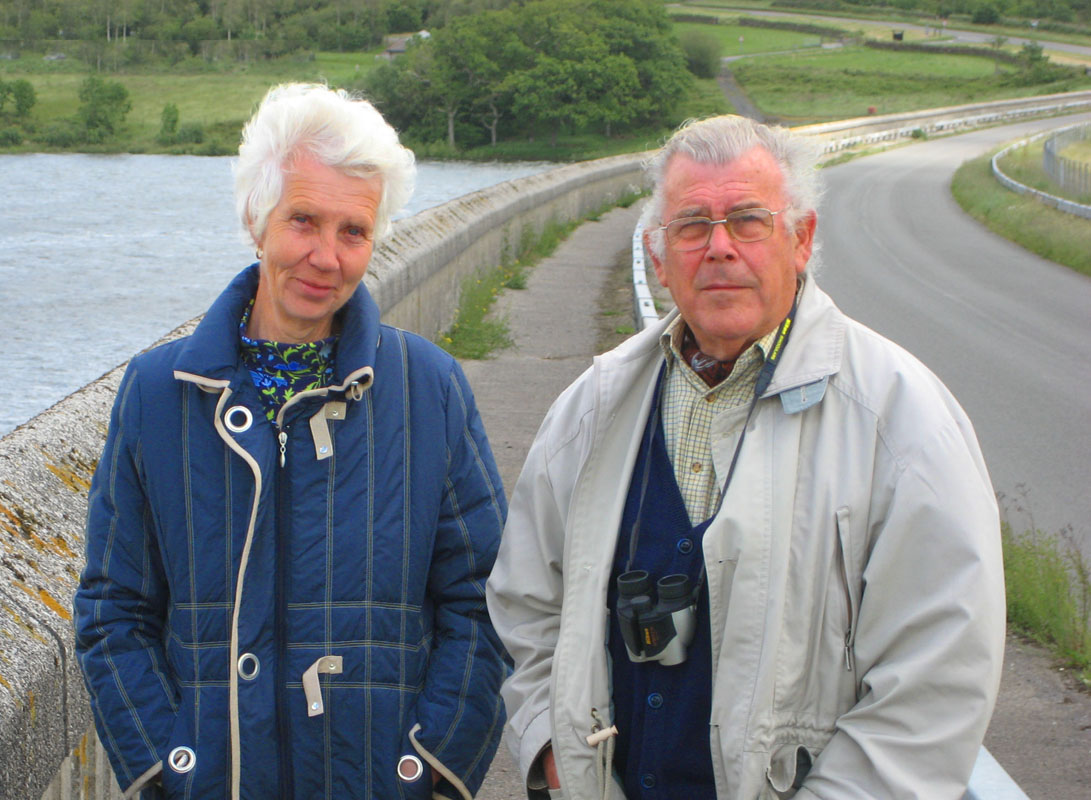 |
|
Willy Brice-Smith (née Couperus) was my sister.
Our lives' paths kept us geographically separated for most of our lives, but we had a deep bond. Nevertheless, she was always present in my life - and remains in my thoughts, I will miss her. Jitze Couperus
|
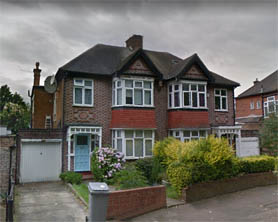 They lived in the upstairs left-hand side of a house in Harlesden NW10, whose picture I just retrieved via Google Street View.
Meanwhile Wil took a job as a secretary at the Head Offices of "Cable and Wireless"
to which she commuted every day in Central London. Later she found a job with "Heinz" in Harleseden within walking distance, thus avoiding the commute.
They lived in the upstairs left-hand side of a house in Harlesden NW10, whose picture I just retrieved via Google Street View.
Meanwhile Wil took a job as a secretary at the Head Offices of "Cable and Wireless"
to which she commuted every day in Central London. Later she found a job with "Heinz" in Harleseden within walking distance, thus avoiding the commute.
